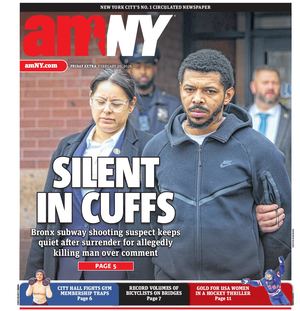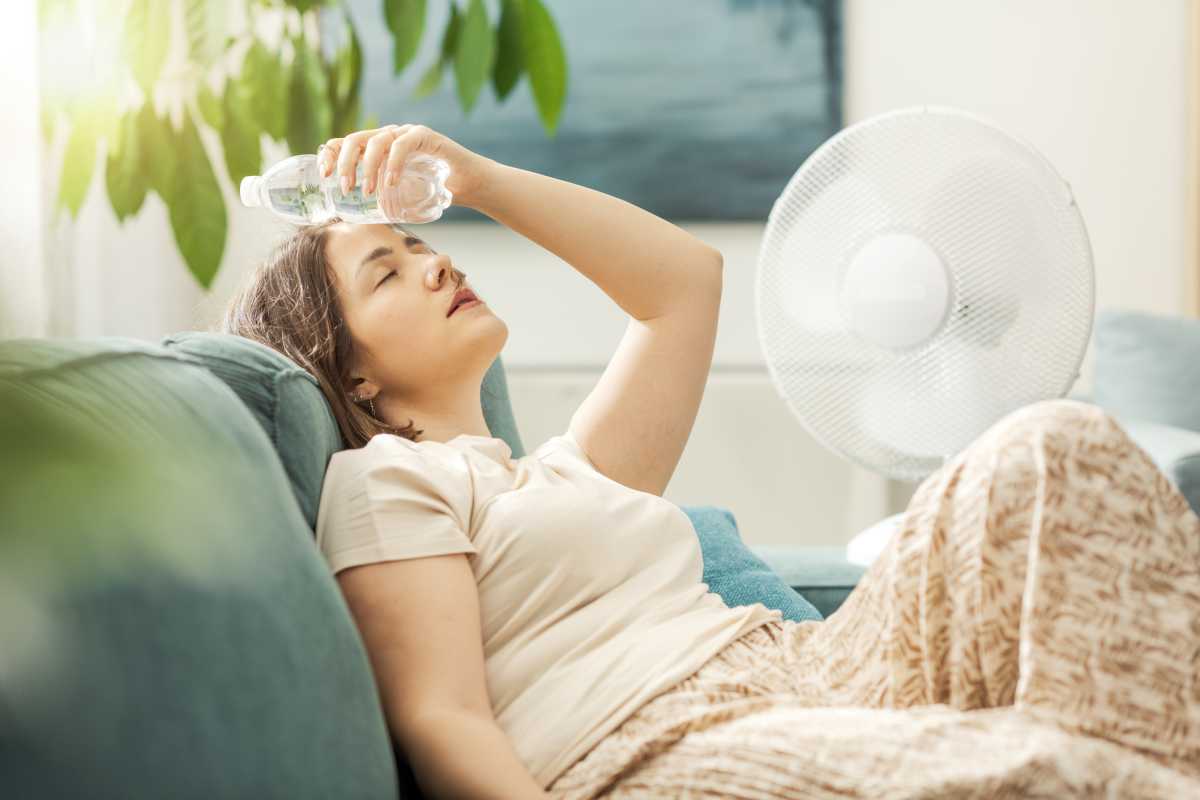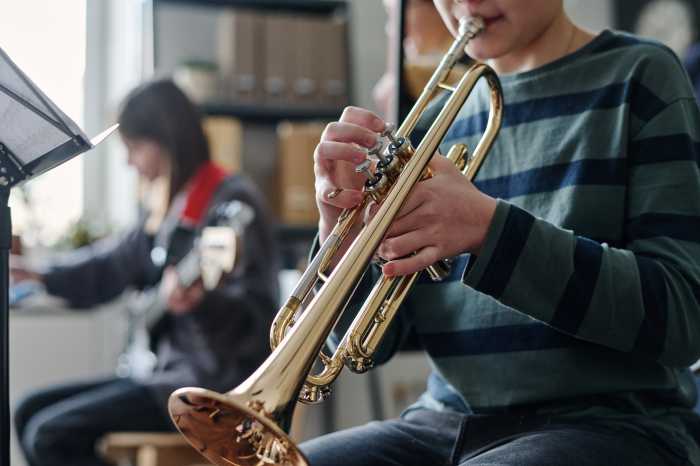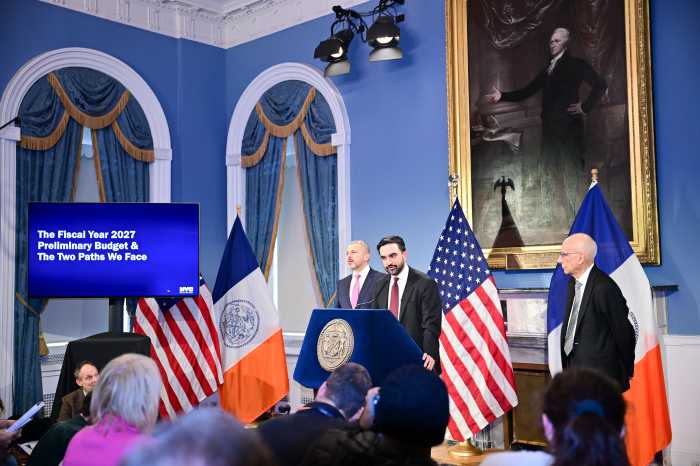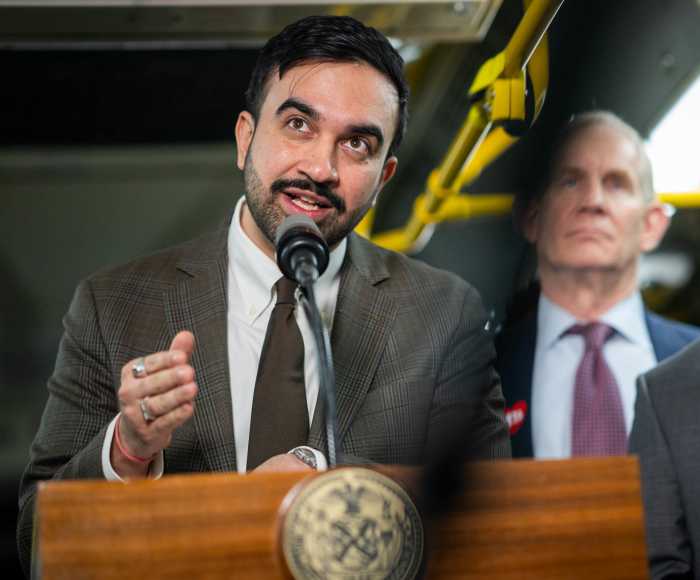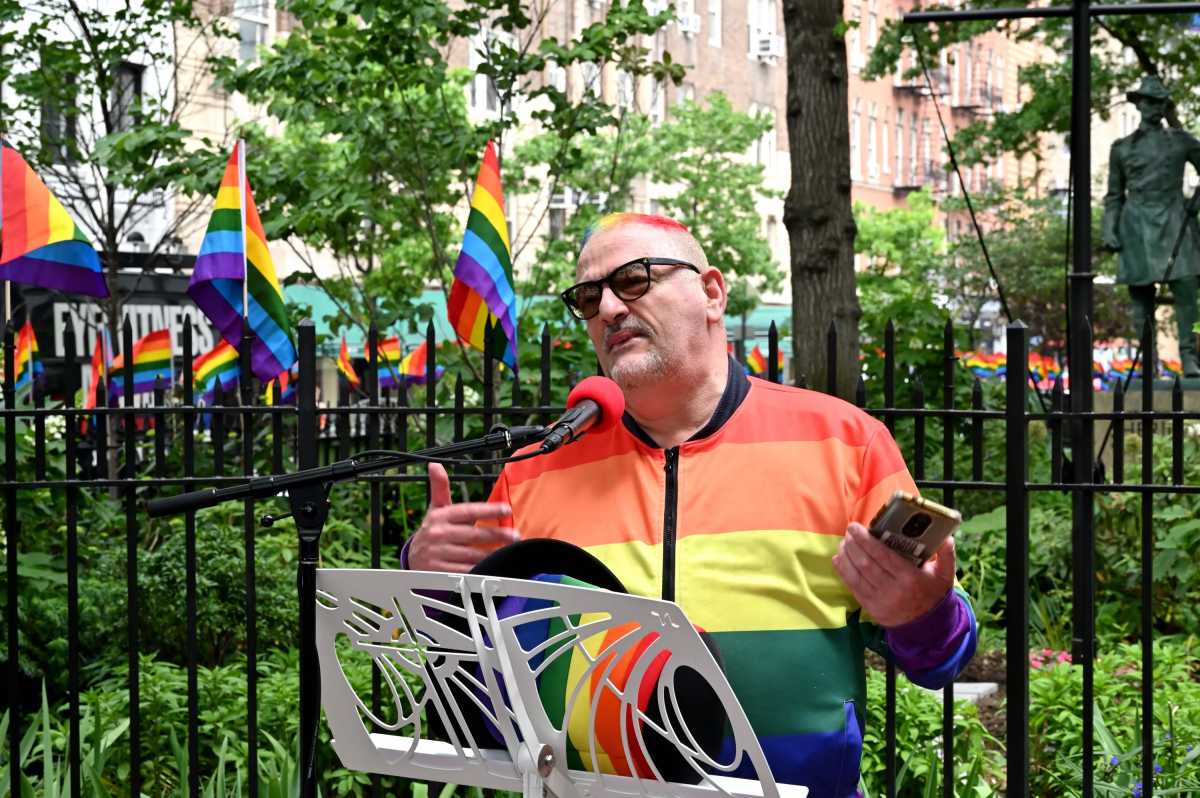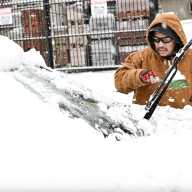This week, as New York City sweltered under its first heat dome of the summer, the state’s Cooling Assistance Program quietly shut its doors.
On Monday, June 23, 2025, just as temperatures began to soar, the cooling assistance program stopped accepting applications. Which for thousands of low-income New Yorkers, couldn’t come at a worse time.
Each summer, an estimated 580 New Yorkers die prematurely due to heat. Most of these deaths happen at home, often in apartments without air conditioning. While the City averages seven heat-related deaths annually, the vast majority of people impacted are heat-exacerbated, meaning heat worsens their chronic conditions such as heart disease.
This is not just a public health issue; it’s a matter of equity. Black New Yorkers are twice as likely to die from heat stress as white New Yorkers. Low-income communities face higher risks due to systemic disinvestment, poor housing conditions, and limited access to healthcare.
These deaths are preventable. Yet they persist, year after year.
The most critical risk factor? Lack of access to home cooling. According to the recent NYC Comptroller’s report, about 11% of New Yorkers don’t have air conditioning. In some Bronx neighborhoods, that number climbs above 20%.
Even among those with AC, many can’t afford to use it. Electricity in NYC is 54% more expensive than the national average. Nearly half of those who died at home during extreme heat had AC units that were either broken or unused due to cost. The rest had no AC at all.
Meanwhile, the cost of staying cool has skyrocketed.
Summer cooling expenses have risen more than 50% in the past decade. For seniors on fixed incomes or families already struggling to pay rent, this is a life-threatening burden.
The state’s Home Energy Assistance Program (HEAP) Cooling Assistance Benefit is meant to help. It offers up to $1,000 for an air conditioner or fan. But the program is chronically underfunded and overly restrictive. It only covers the cost of the unit – not the electricity to run it. It operates on a first-come, first-served basis and routinely runs out of money by mid-summer. Over the past two years, it closed early due to overwhelming demand. This year, it ended before the first major heatwave even began.
To make matters worse, the federal government is pulling back. In April, the Trump administration laid off the entire staff administering the federal LIHEAP program and proposed eliminating all funding in the 2026 budget. This would leave over a million New Yorkers without critical energy assistance.
Some still argue that air conditioning is a luxury. But in a city where heat kills more people than any other weather-related event, that argument no longer holds. Cooling is a necessity.
New York must act. That means increasing funding for the HEAP Cooling Assistance Program, expanding eligibility, and subsidizing utility costs for low-income households.
We cannot afford to treat cooling as optional. It’s time to recognize it for what it is: a lifeline.
Also Read : https://www.amny.com/new-york/manhattan/man-fatally-shot-harlem-nypd-07142025/
